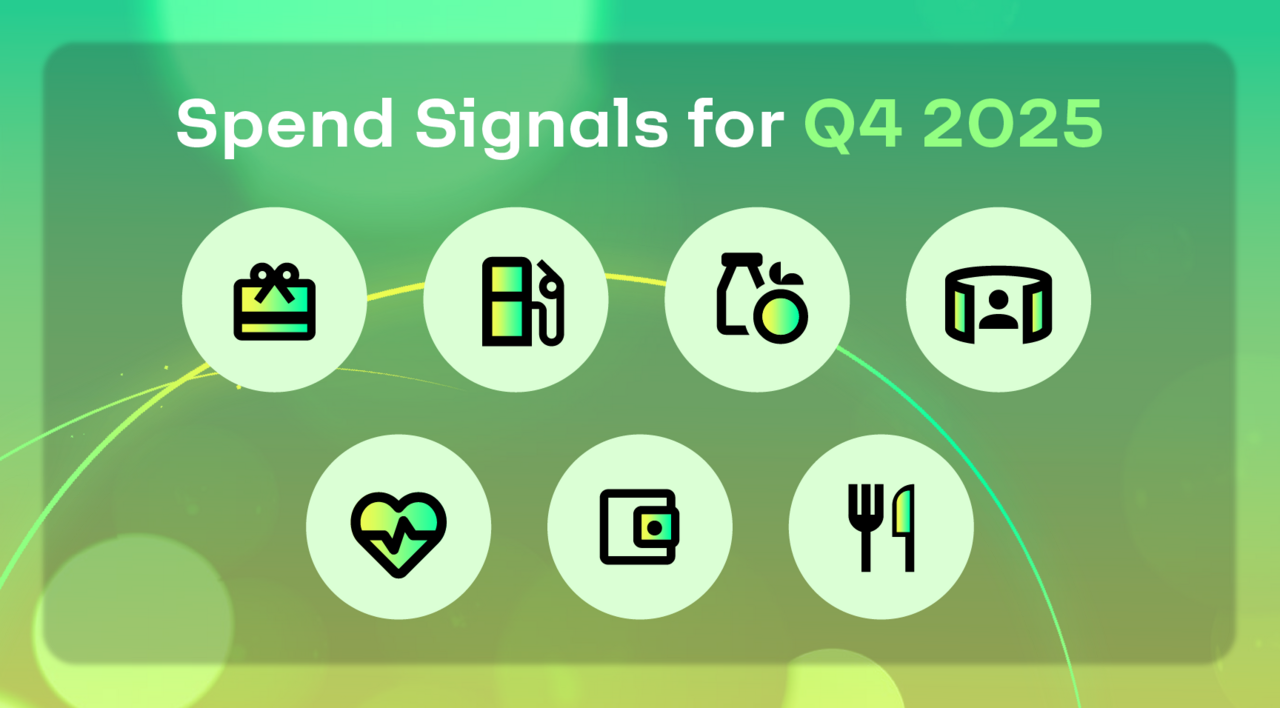At Runa, we’re lucky to work with and be inspired by many incredible women across the business each and every day.
This International Women’s Day, we’re spotlighting some of the amazing women we have in leadership. Having women as role models in these positions and having open discussions about their experiences is an important part in paving the way to more women in leadership.
We sat down with our very own Julie (VP Finance), Joana (Growth Marketing Lead) and Philippa (Director of Sales & Business Development) to discuss 4 interesting questions.
What inspired you to go down the leadership path in your career?
Julie: “For me it’s always been about how I can make the most impact in an organisation and for my own self development. I believe a lot in company collaboration and that no team works in a silo. I’ve been in organisations before where some teams were pushed to the back and not respected, which makes the organisation less successful and gives the individuals a ceiling on how much they learn. So a big part of my goal is to help bring a company together, ensure cross functional collaboration and bring others on that journey.”
Joana: “I was in a place in my career where I was looking for a new challenge, and the opportunity came to me to build my own team at Runa. I’ve had great managers and mentors the past couple years that inspired me to take on the leadership role so I could inspire others.”
Philippa: “My very first proper boss (who I still call Boss 20 years later). She was entirely herself. I got nervous when she had to discipline me (frequently back then), always included me in discussions that were normally the preserve of 'the grown ups', was quietly protective of those around her and took no prisoners in the most pleasant, laid back way.”
Are there any unique challenges that you've faced being a woman in leadership?
Julie: “There are a lot of typical expected traits in leadership, which I don’t have. I’m not particularly extraverted or a naturally charismatic speaker, so I’m never going to beat someone by being louder than them in a traditional way. Instead, I have to think of other ways to be heard while retaining who I am and not turning into someone else. It’s why I enjoy being in tech and smaller organisations so much - ultimately people value when you know what you’re talking about and not when you’re trying to be something else.”
Joana: “Definitely imposter syndrome. I had a hard time at the beginning, not thinking I could do it or that I wasn’t good enough to lead a team. It took me a while before I was able to speak up and share my ideas and opinions with confidence.”
Philippa: “I could do without peri-menopause starting to rear its complicated head. It comes with it a wide-ranging set of challenges that half the population will experience, that don't start when you're old, they start when you're at a peak of potential.”
In your opinion, what practices can drive equal access to leadership positions?
Julie: “I see society as very much in a transitional phase at the moment. If we use hiring as an example, companies want to find people who have been there and done that because they need the experience. This is a totally fair need. But unfortunately today, the people who have the experience are often one type of leader from prior social phases. While balancing what’s best for the organisation, it’s important to look at where we absolutely need existing experience vs where we can look for someone with potential to figure things out. This will enable not just gender or racial perspective, but also personality diversity. Ultimately companies themselves need to understand the benefits of different types of leaders, want diversity and be strict on themselves in building it.”
Joana: “Mentorship and Sponsorship Programs. These programs can help people build relationships with more experienced leaders who can provide guidance, support, and advocacy to help them advance in their careers. Mentorship and sponsorship programs can also provide opportunities for individuals to network and gain exposure to senior leaders, which can be crucial for career advancement.”
Philippa: “Paying attention. Looking closer and empathising with others around you. You'll be surprised what you discover if you really care and really listen.”
What would your advice be to other women aspiring to be in leadership roles?
Julie: “Voice your opinion, ask for new challenges, and develop your skills outside your comfort zone. Importantly, always understand what the organisation is trying to achieve. Combine these to make solid contributions to the business, and don’t be afraid to make your value known.”
Joana: "Build relationships and a strong network to connect with other leaders in the industry. Be resilient. Learn from your mistakes and failures, and use them as an opportunity for growth. Find your voice. Speak up on your thoughts and ideas, don’t be afraid to advocate for yourself."
Philippa: "The best leaders I've worked with don't try to be someone they're not. Have faith in who you really are."
Thank you for sharing your insights and advice! What are you doing to celebrate International Women’s Day?

.png)

